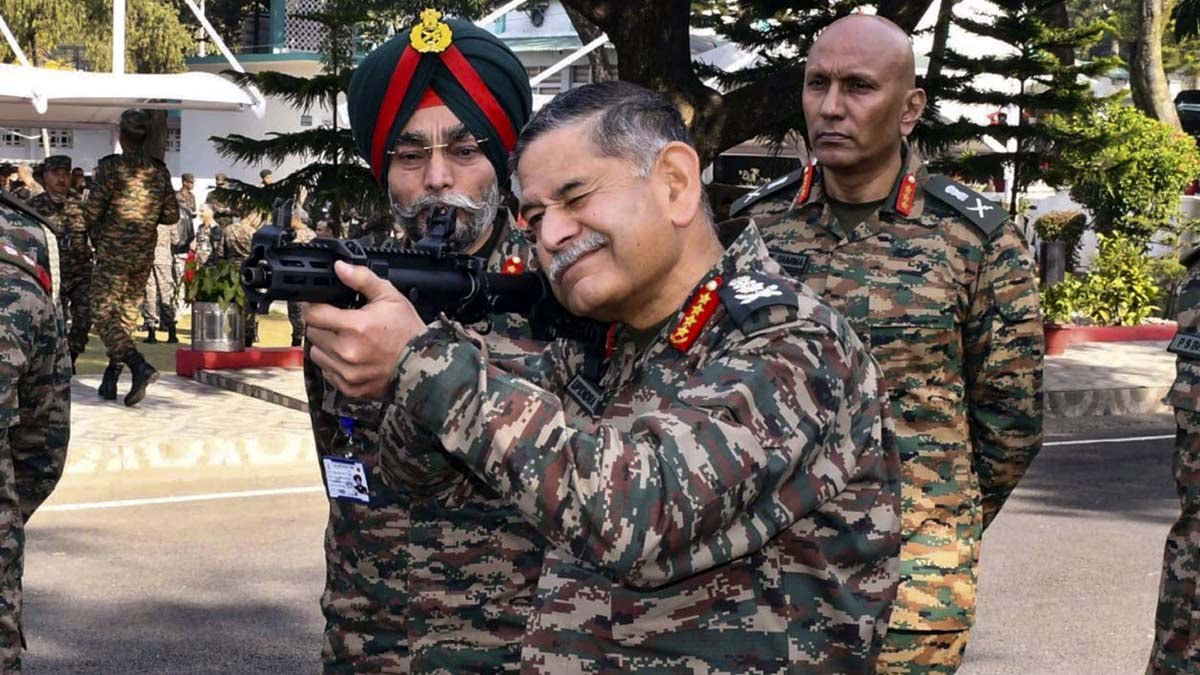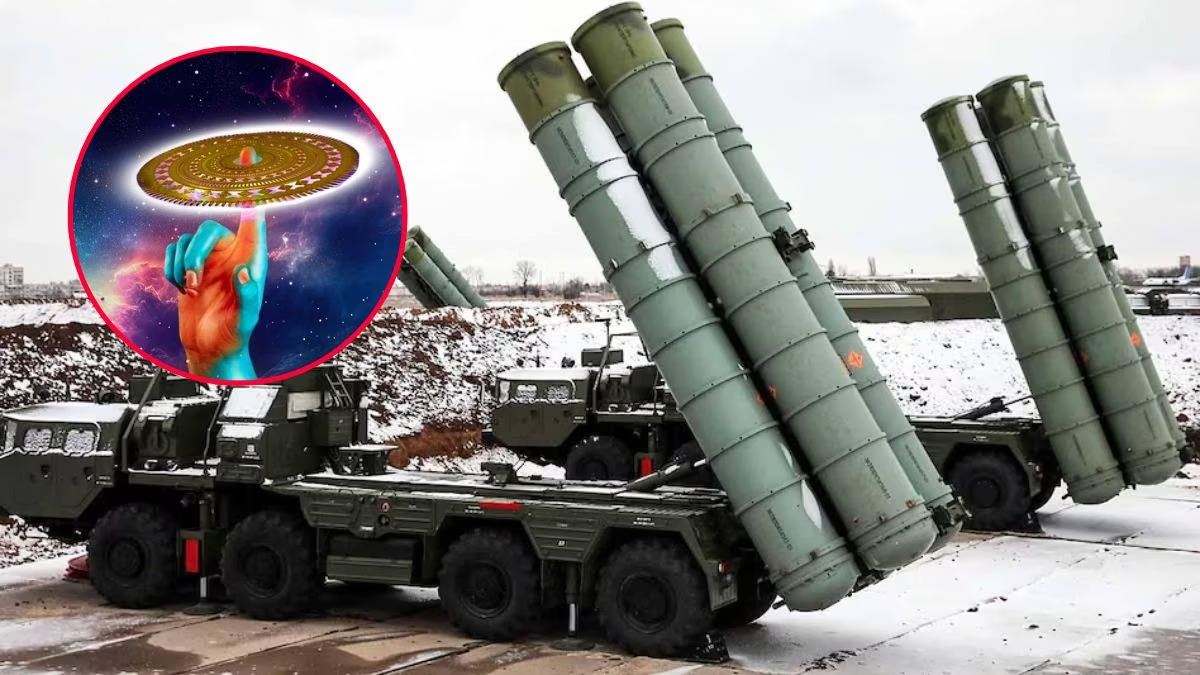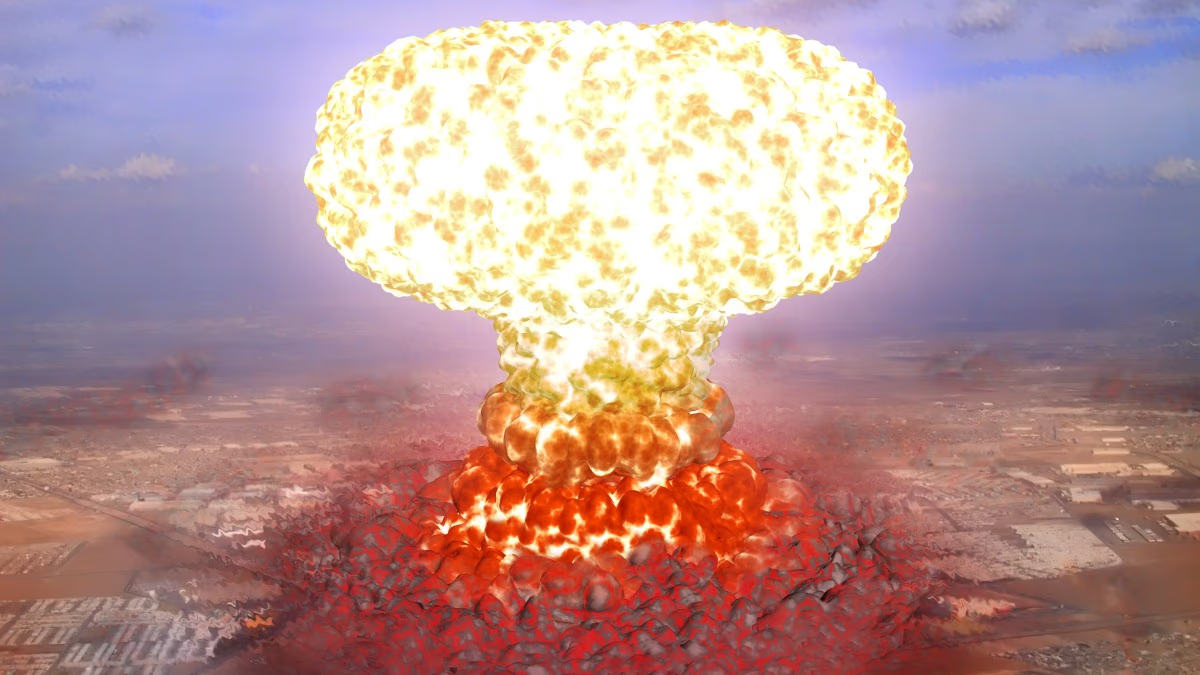On May 9, 2025, the central government granted Indian Army Chief General Upendra Dwivedi powers to mobilize each officer and enlisted individual in the Territorial Army. This decision supports providing necessary security or supplementing the regular army.
This decision comes amid escalated India-Pakistan tensions and as part of Operation Sindoor, where India executed precise military actions against terrorism. It marks a pivotal step in bolstering national security and ensuring army readiness in emergencies.
The central government issued a notification on May 9, 2025, providing special powers to the Indian Army Chief under the Territorial Army rules. According to this notification, the Army Chief can now mobilize all officers and soldiers of the Territorial Army for specific purposes.
Providing Essential Security:
Ensuring the safety of strategic locations, infrastructure, and sensitive areas.
Supporting and Supplementing the Regular Army:
Enhancing regular army capabilities in wars, disasters, or other emergencies.
This decision is particularly significant amid India-Pakistan tensions. Following a terrorist attack in Pahalgam, Jammu & Kashmir, on April 22, 2025, where 26 people were killed, India dismantled nine terrorist hideouts in Pakistan and PoK under Operation Sindoor-1 on May 7.
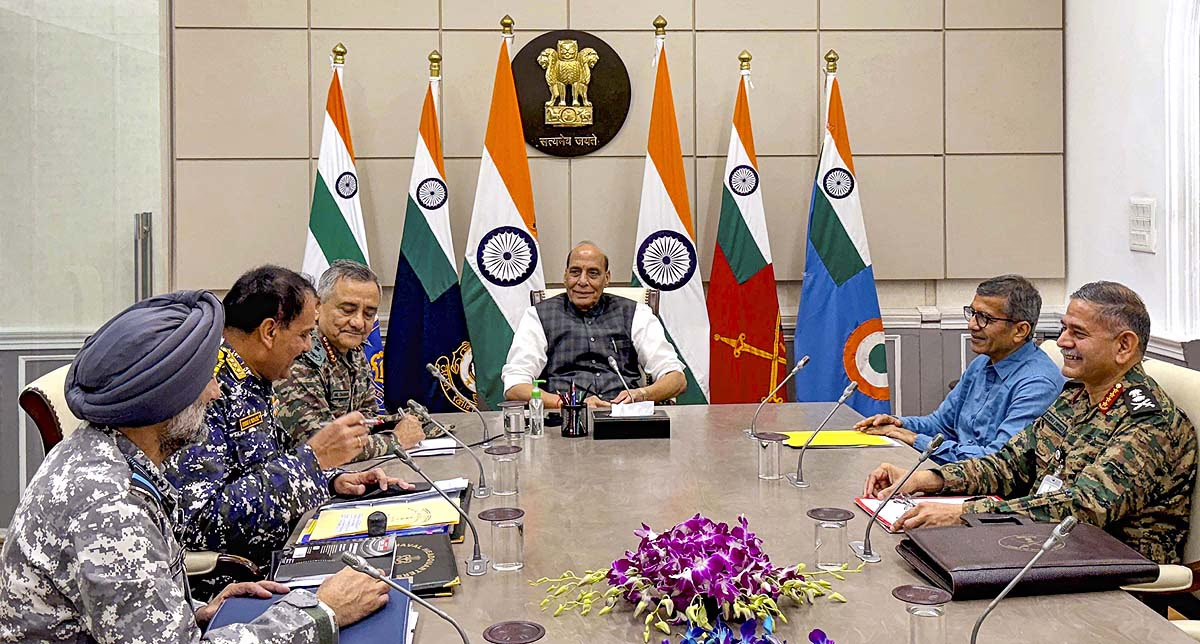
Source: aajtak
In retaliation, Pakistan attempted drone and missile strikes on Indian military bases in 15 cities during the night of May 7-8, foiled by Indian air defense systems. Activating the Territorial Army in this tense atmosphere showcases India's military readiness.
Introducing the Territorial Army
The Territorial Army is a voluntary, part-time civilian force of India's armed forces, established in 1949 under the Territorial Army Act. Its main purpose is to assist the regular army in wars, disasters, or other emergencies. Soldiers and officers live civilian lives but are occasionally called for military training and duty.
Key Attributes of the Territorial Army
Structure: The Territorial Army comprises various departments such as Infantry, Engineering, Signals, and Logistics. Units include Infantry Battalions, Ecological Task Forces, and Railway Engineer Regiments.
Recruitment: Citizens aged 18 to 42, who are physically and mentally fit, can join the Territorial Army, including both men and women.
Training: Territorial Army soldiers receive training similar to the regular army, encompassing weapon handling, combat strategy, and disaster management.
Utilization: The Territorial Army has been deployed in 1962, 1965, 1971, and 1999 wars. It also contributes to counter-terrorism, disaster relief, and environmental conservation.
Recent Roles of the Territorial Army
Operation Sindoor: The Territorial Army has been ordered to be deployment-ready under Operation Sindoor.
Disaster Management: In recent years, the Territorial Army has played a crucial role during floods, earthquakes, and other natural disasters.
Environmental Conservation: Through the Ecological Task Force, it has contributed to afforestation and environmental protection.
Strategic Importance of the Central Government's Decision
The central government's decision is strategically important for several reasons...
Enhancing Military Readiness:
Amid India-Pakistan tensions, the deployment of the Territorial Army will bolster the regular army’s capacity, especially useful along the Line of Control (LoC), Siachen, and other sensitive areas. Territorial Army soldiers can contribute to securing, patrolling, and aiding counter-terrorism operations jointly with the regular army.
Civil-Military Integration:
The Territorial Army links civilians to military service, enhancing public participation in national security. This decision will foster patriotism and responsibility among citizens.
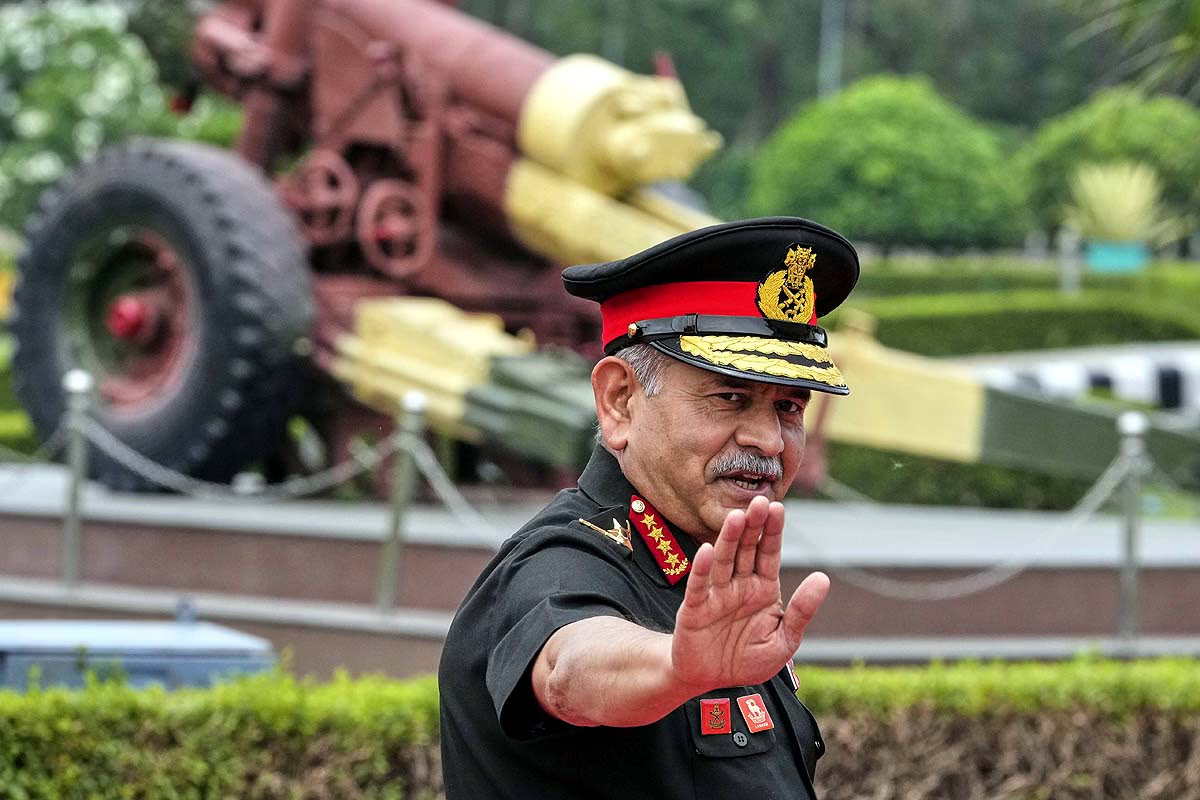
Source: aajtak
Resilience in Emergencies
During emergencies like war, terrorist attacks, or natural disasters, the Territorial Army can function as an auxiliary force, allowing the regular army to focus on major combat operations. Deploying the Territorial Army will enhance flexibility in India's defense system.
Economic and Social Benefits
Territorial Army personnel receive regular pay and benefits, strengthening their economic standing. It provides youth with employment and training opportunities, promoting social development.
Operation Sindoor and Potential Role of the Territorial Army
Operation Sindoor is part of India’s counter-terrorism strategy, during which nine terrorist hideouts were destroyed on May 7, 2025. Subsequently, on May 8, the Indian Navy attacked Karachi port, considered part of Operation Sindoor-2.
Territorial Army deployment could be crucial in the following sectors...
Security on the Line of Control (LoC): The Territorial Army's Infantry Battalions can aid in LoC patrolling, surveillance, and counter-terrorism operations.
Internal Security: The Territorial Army will play a role in securing sensitive areas like railway stations, airports, and critical infrastructure.
Disaster Management: In cases where war or attacks create emergency situations in civilian areas, the Territorial Army can contribute to relief and rescue operations.
Logistics and Support: The Territorial Army's railway and engineering units can assist in military supply and infrastructure maintenance.
